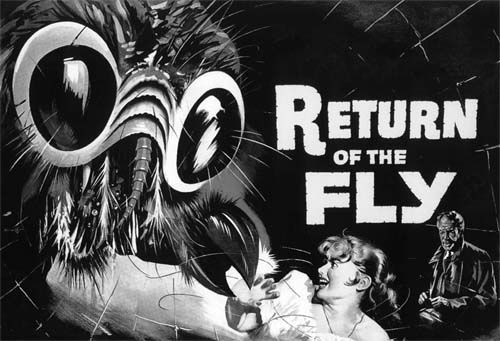On the internet, there is a plethora of scenic photography ranging from European cites, African savannas, to South American rainforests. I thought I'd would scrounge the "inter-tubes" and show what I think are some of the most visual stunning pics.



More to come in the future
Thursday, August 28, 2008
Eye of the Beholder
Posted by
Alex Taylor
at
9:20:00 PM
15
comments
![]()
Labels: Photography, Wild Card
Friday, August 22, 2008
Mapping Patterns
The BBC recently put out a TV program that collected the GPS data of various networks to show the workings of telecommunications, maritime trade, and vehicular movement across London.
Posted by
Alex Taylor
at
10:45:00 PM
0
comments
![]()
Thursday, August 21, 2008
Being Critical
One of the more confusing concepts found in logic is deductive/inductive reasoning.
A good deductive argument is one whose premises being true would mean the conclusion must be true. For example:
Premise A: All birds can fly
Premise B: Penguins can't fly
Conclusion: Penguins are not birds.
The above argument is considered a valid deductive argument because if the premises were true, the conclusion must be true. But obviously the Premise A isn't true, penguins are considered birds. Nonetheless the deductive logic itself is still valid.
Here is a different example:
Premise A: Cats are mammals
Premise B: All mammals are warm blooded.
Conclusion: Cats are warm blooded.
The example above is a sound deductive argument because it is valid AND its premises ARE all true.
Now, an inductive argument supports rather than proves. In other words, if the premises of a strong inductive argument are true, the conclusion probably is true.
Example of a strong, inductive argument...
Premise A: There are 10 women in the room
Premise B: 9 of those women are brunette
Conclusion: Most likely all the women are brunette.
If Premise B had a lower sample number , the argument would become weaker. But what about this example?
Premise A: Most lights in the sky are UFOs.
Premise B: There are many lights in the sky.
Conclusion: The next light to be seen is probably a UFO.
Now, even though this is a strong inductive argument, premise A is not true. Thus, it is not considered a cogent inductive argument. I cogent inductive argument is a strong argument with the premises being true. So the Brunette Example previously would be considered a cogent inductive argument.

Posted by
Alex Taylor
at
10:37:00 PM
0
comments
![]()
Labels: Critical Thinking
Lasers, Geography, and Radiohead
When I tell people about LiDAR their eyes glaze over and they begin drooling on themselves. Most of them don't grasp the concept of using lasers to geographically map out an area. But, then I tell them how the popular British band, Radiohead, used it to produce a music video. Afterward, I walk away without looking like a drip.
Posted by
Alex Taylor
at
7:53:00 PM
0
comments
![]()
Return of the Fly

Well, I thought it's time to come back to posting on the blog. I've been busy the last couple of months moving and getting my life in order. I hope to bring some interesting things in the next couple of posts, so be patient!
Posted by
Alex Taylor
at
7:42:00 PM
1 comments
![]()


